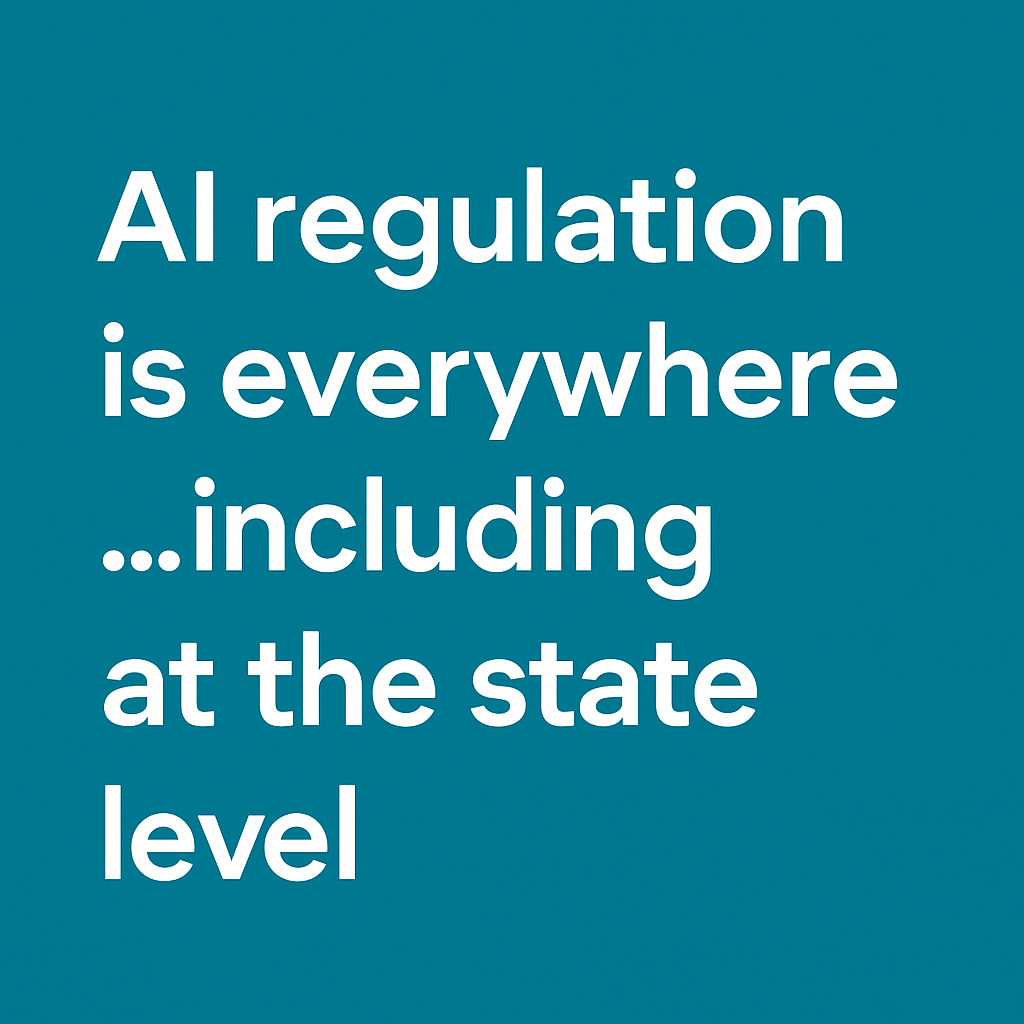On March 13, 2024, the landmark EU AI Act was passed by both the EU Parliament and Council. Final approval was given to the 27-nation EU, putting the world-leading rules on track to take effect later this year. This critical regulatory event is signaling to the world to pay attention to AI.
Now, organizations that use AI will need to understand the new implications of these regulations and then apply the regulatory framework to their companies in order to comply.
Risk-based approach to AI
The EU AI Act was initially intended to act as consumer safety legislation, taking a risk-based approach to products or services that use artificial intelligence.
The riskier an AI application, the more scrutiny it faces, which makes sense. Most AI systems are expected to be low risk, such as content recommendation systems or spam filters which need to have certain controls in place. High-risk uses of AI, such as in medical devices or critical infrastructure like water or electrical networks, face tougher requirements like using high-quality data and providing clear information to users. (Read more about the risk-based approach in an earlier blog.)
Who's using AI? Who isn't? Download the ebook to learn more.
The AI impact effect
The AI Act is expected to act as a global signpost for other governments grappling with how to regulate the fast-developing technology within their own regulatory regimes. All eyes will likely be on the US. What will we do next after the Executive Order from the Biden Administration?
Here are some of the first implications that I see:
- Serves as a legal precedent. US regulations may likely follow and align with the EU Act where it makes sense.
- Highly impacts organizations doing business with the EU. Like GDPR/privacy use cases, firms will need to comply with the EU AI Act if they are doing business with the EU and have AI capabilities.
- Substantially involves and impacts tech companies. Any firm using AI should note that compliance with the regulations will need to be prioritized. And even if you don’t do any business with the EU, you can expect similar rules in your geography and start to prepare.
The EU AI Act put a stake in the ground. I will be curious to see how organizations comply and how the rules influence other countries or regions of the world. I’m going to be keeping my eye on this. More to come, I’m sure.
Our research revealed how financial services professionals are using AI. Download the ebook: AI insights survey: Adopters, skeptics, and why it matters.
The opinions provided are those of the author and not necessarily those of Fidelity Investments or its affiliates. Fidelity does not assume any duty to update any of the information. The information regarding AI tools provided herein is for informational purposes only and is not intended to constitute a recommendation, development, security assessment advice of any kind.
1142018.1.0




-1.png)
